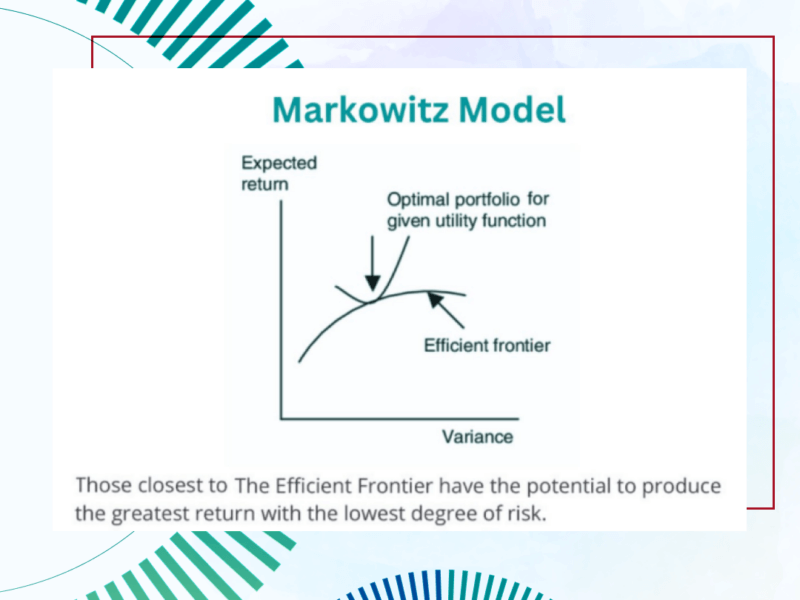All things related to financial markets may seem like a labyrinth to many people. More often than not in this labyrinth, the role that emotions play is more significant than most investors acknowledge. Now, it would not be wrong to say that financial markets have both volatility and unpredictability as inseparable parts that can create an emotional roller coaster. However, investors’ ability to manage these emotions can sometimes be the determining factor of their success or failure, more than other financial metrics or analytical tools.
Historically, investors and the financial markets have periodically seen unreasonable trends fueled purely by the collective emotions of investors. The Tulip mania in the 17th century and the dot-com bubble at the beginning of the 21st century showed us how unfettered optimism can inflate asset prices. By the same token, historical events like the Great Depression and the Great Financial Crisis showed us how overwhelming pessimism can lead to severe financial crises.
The emotions of fear and greed have an influence in the decision-making process related to investing more than any other. Fear may lead to a sell-off of assets prematurely, and without a reasonable explanation, greed might result in a situation where investors buy and hold assets for too long. And both can be detrimental to investors’ financial health. The modern investment landscape, where investors are bombarded with real-time news, market analysis, commentary, and flow of unlimited information and data, can further intensify these emotional responses and the aftermath of accumulating these emotions across financial markets.
Is there a remedy or an antidote? Yes. A combination of financial education, a well-defined investment strategy, and a keen awareness of one’s emotional triggers. All those can be gained through trial-and-error and years of practice, or investors can expedite this process by getting professional assistance. By acknowledging the emotional aspect of investing and developing strategies to counterbalance it, investors can ensure that their financial decisions remain grounded in logic and foresight.
Risk Warning: The information in this article is presented for general information and shall be treated as a marketing communication only. This analysis is not a recommendation to sell or buy any instrument. Investing in financial instruments involves a high degree of risk and may not be suitable for all investors. Trading in financial instruments can result in both an increase and a decrease in capital. Please refer to our Risk Disclosure available on our web site for further information.



I can give you few of my own examples of how emotions can affect investment decisions.
This will be humble addition to this ISEC WM article.
1) I invested too late. Perhaps everyone has had the feeling of missing out. When you’ve worried that you didn’t make decision at the right time.
I believe this is not mistake but part of experience.
2) Worrying about decisions made. If you have made investment decision that is based on right calculations, there is no need to worry. Yes, you need to control investment, but worrying about it is unnecessary.
trading is like 20% technical, 20% mechanical and 60% psychological. it means managing your expectations and emotions before, during and after a trade! Very important in the 💵💵💵 making business!
I hope that ISEC managers are not fazed by any emotions🤞
They are professionals.